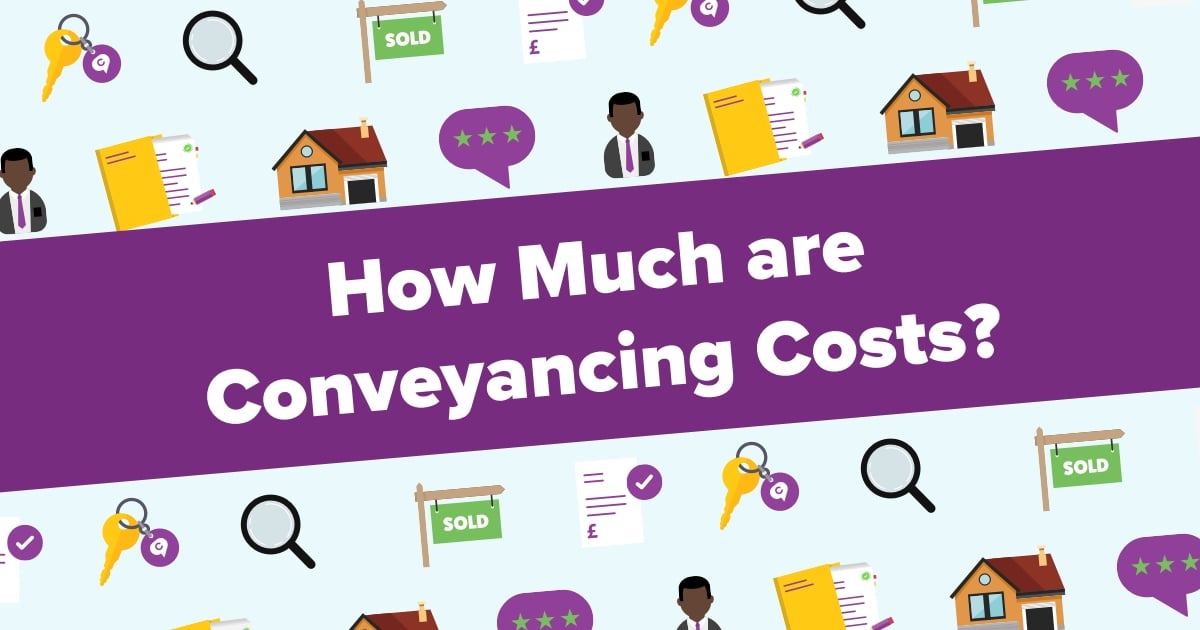
Conveyancing-Costs, Solicitors vs Conveyancers
In the realm of real estate transactions, the process of buying or selling a property involves numerous intricacies, and one aspect that often perplexes individuals is the conveyance fees. Conveyance fees encompass a variety of expenses associated with transferring property ownership legally. In this comprehensive guide, we will delve into the world of conveyance fees, addressing questions such as: “How much does conveyancing cost?” and “Should you opt for a solicitor or conveyancer?” So, let’s embark on this journey to unravel the mysteries of conveyance fees.
What Are Conveyance Fees?
Conveyance fees, also known as conveyancing fees, are the costs associated with the legal and administrative work involved in transferring the ownership of a property from one party to another. These fees cover a wide range of services, including legal advice, property searches, paperwork, and registration of the property with the relevant authorities.
Understanding the Components of Conveyance Fees
Conveyance fees consist of several components, including:
1. Legal Fees
• Solicitor or conveyancer charges for their professional legal services.
2. Disbursements
• Out-of-pocket expenses incurred during the conveyancing process, such as verification of ID, PEXA and search fees.
3. Stamp Duty or Transfer Duty
• A tax levied by the government on property transactions.
4. Registration Fees
• A fee charged by the Queensland Registers office (QRO) to register the new owner to the title.
How Much Does Conveyancing Cost?
The total cost of conveyancing varies significantly based on several factors, including the property’s value, location, and the complexity of the transaction. On average, conveyance fees can range from a few hundred to a few thousand dollars.
The Role of Solicitors in Conveyancing
Solicitors are legal professionals who specialize in property law. They play a crucial role in ensuring that the property transaction adheres to all legal requirements. Solicitors handle complex cases and provide legal advice throughout the process.
The Role of Conveyancers in Conveyancing
Conveyancers, on the other hand, are specialists in property transactions. They focus on the administrative aspects of conveyancing and ensure that all necessary paperwork is completed accurately and efficiently. Conveyancers work supervised under a Solicitor.
Choosing Between a Solicitor or Conveyancer
Deciding between a solicitor and a conveyancer depends on your specific needs and the complexity of the transaction. Solicitors are ideal for complex cases, while conveyancers are well-suited for straightforward transactions, offering cost-effective solutions.
Factors Affecting Conveyance Fees
Several factors influence the cost of conveyancing, including property location, property value, and the choice between a solicitor and a conveyancer. It’s essential to consider these factors when budgeting for conveyance fees.
Conveyancing Process Explained
The conveyancing process involves multiple steps, from initial property searches to the final completion of the transaction. Understanding each stage of the process is crucial for a successful property transaction.
How to Find a Reliable Conveyancer or Solicitor
When it comes to choosing a conveyancer or solicitor, reliability and experience are paramount. We provide tips on how to find a trustworthy professional to handle your property transaction.
Tips for Reducing Conveyance Fees
If you’re looking to minimize conveyance fees, we offer practical tips and strategies that can help you save money while ensuring a smooth transaction. However choosing the cheapest conveyancer on the market could come with experience and cost you thousands of dollars in mistakes.
Frequently Asked Questions (FAQs)
1. What is the average conveyancing cost in the QLD?
• The average conveyancing cost in the QLD varies but typically ranges from $500 to $3,500.
2. Are conveyancing fees negotiable?
• Yes, in some cases, conveyancing fees can be negotiable. It’s advisable to discuss fees with your chosen professional.
3. How long does the conveyancing process take?
• The conveyancing process can take anywhere from 4 to 12 weeks on average, but it can vary based on individual circumstances.
4. Can I do my own conveyancing?
• While it’s legal to do your own conveyancing, it’s complex and best left to professionals due to the legal and financial risks involved.
5. Is it necessary to hire a solicitor or conveyancer for property transactions?
• While it’s not legally required, hiring a professional ensures that the transaction is legally sound and reduces the risk of costly mistakes.
6. Can conveyancing fees be included in a mortgage?
• Yes, some lenders may allow you to include conveyancing fees in your mortgage, but this depends on the lender’s policies.
7. What is the difference between freehold and leasehold properties in relation to conveyancing?
• Freehold properties come with ownership of both the property and the land it stands on, while leasehold properties involve owning the property for a set period, typically subject to ground rent and service charges.
8. Are there any hidden costs in conveyancing?
• While most costs are transparent, it’s essential to clarify any potential hidden costs with your chosen professional before proceeding.
9. How can I speed up the conveyancing process?
• To expedite the process, ensure you provide all necessary documents promptly, and maintain open communication with your solicitor or conveyancer.
With these answers in mind, you can embark on your property journey with confidence and clarity.
In conclusion, understanding conveyance fees, their components, and the choice between a solicitor or conveyancer is essential for a successful property transaction. By considering these factors and seeking professional guidance, you can navigate the complexities of conveyancing with confidence.
This is general advice only, for specific legal advice speak with your legal representative.





